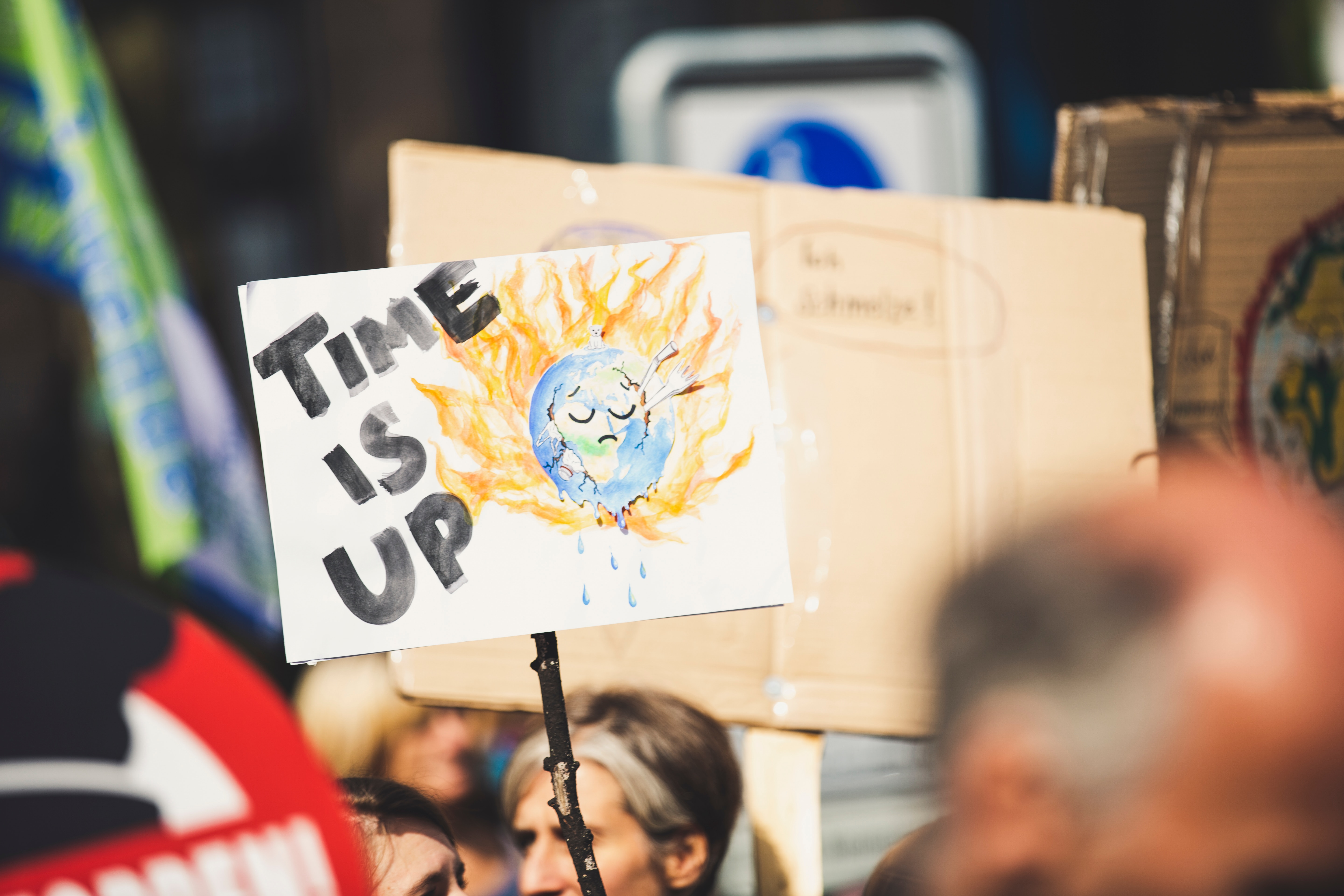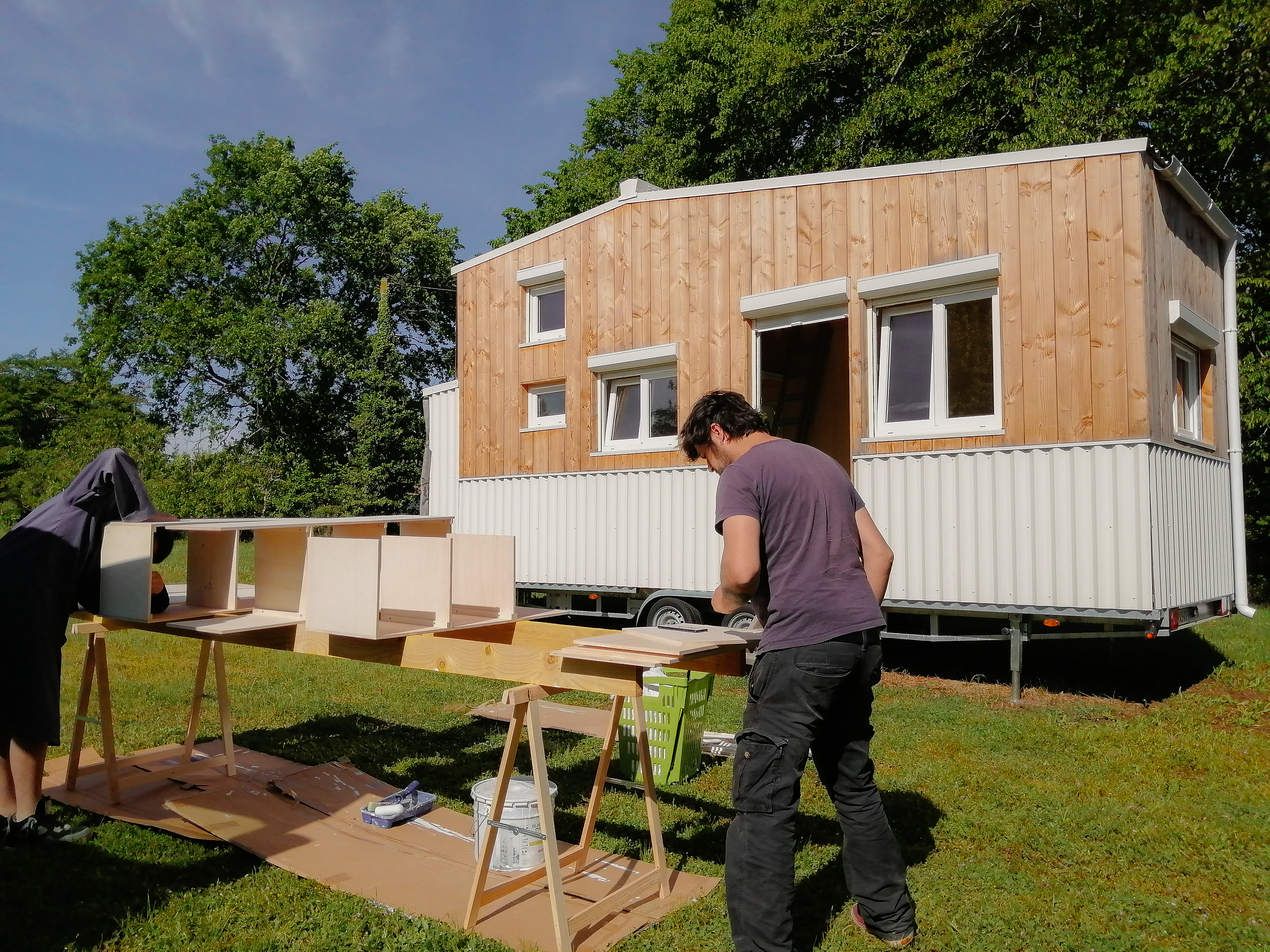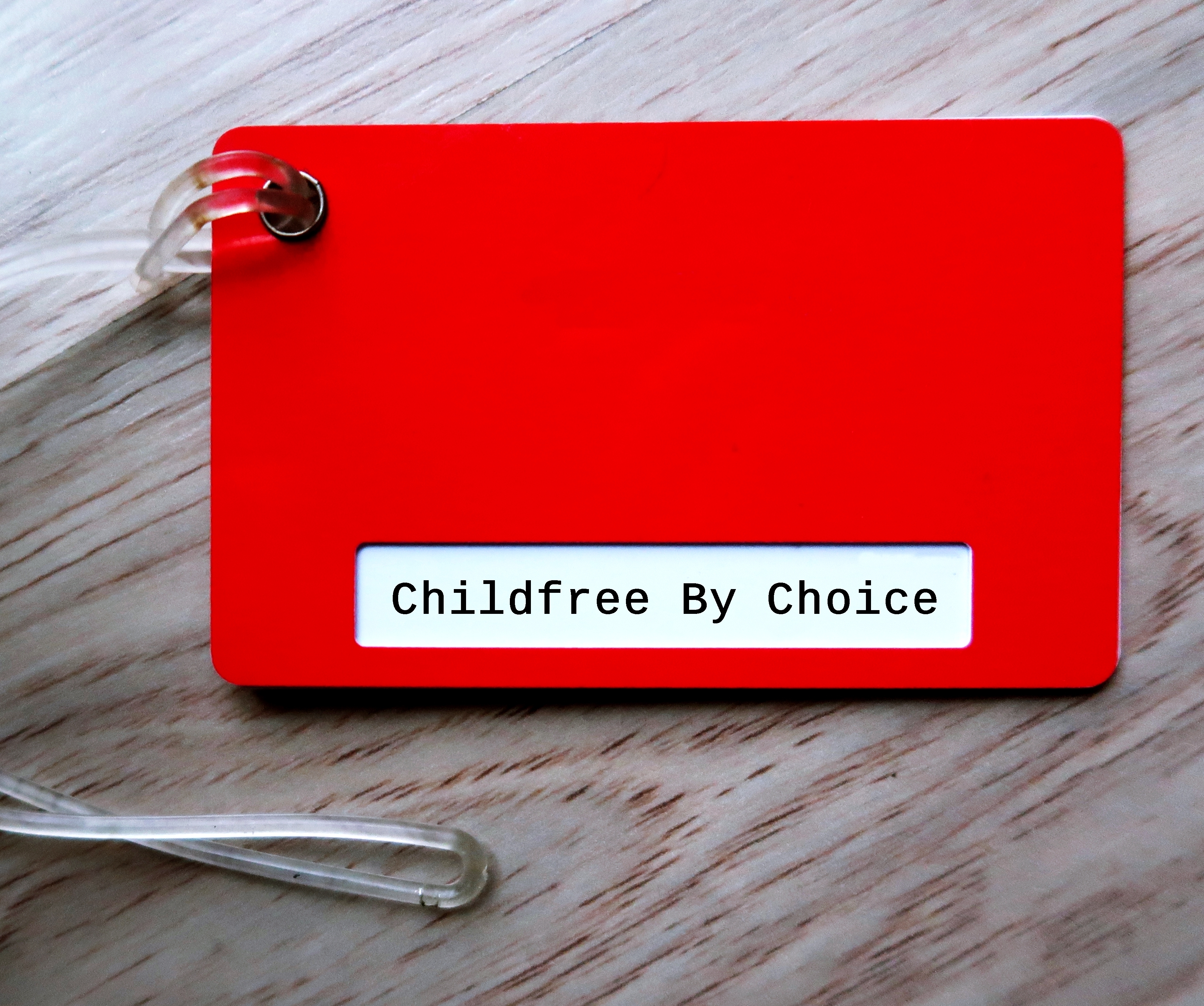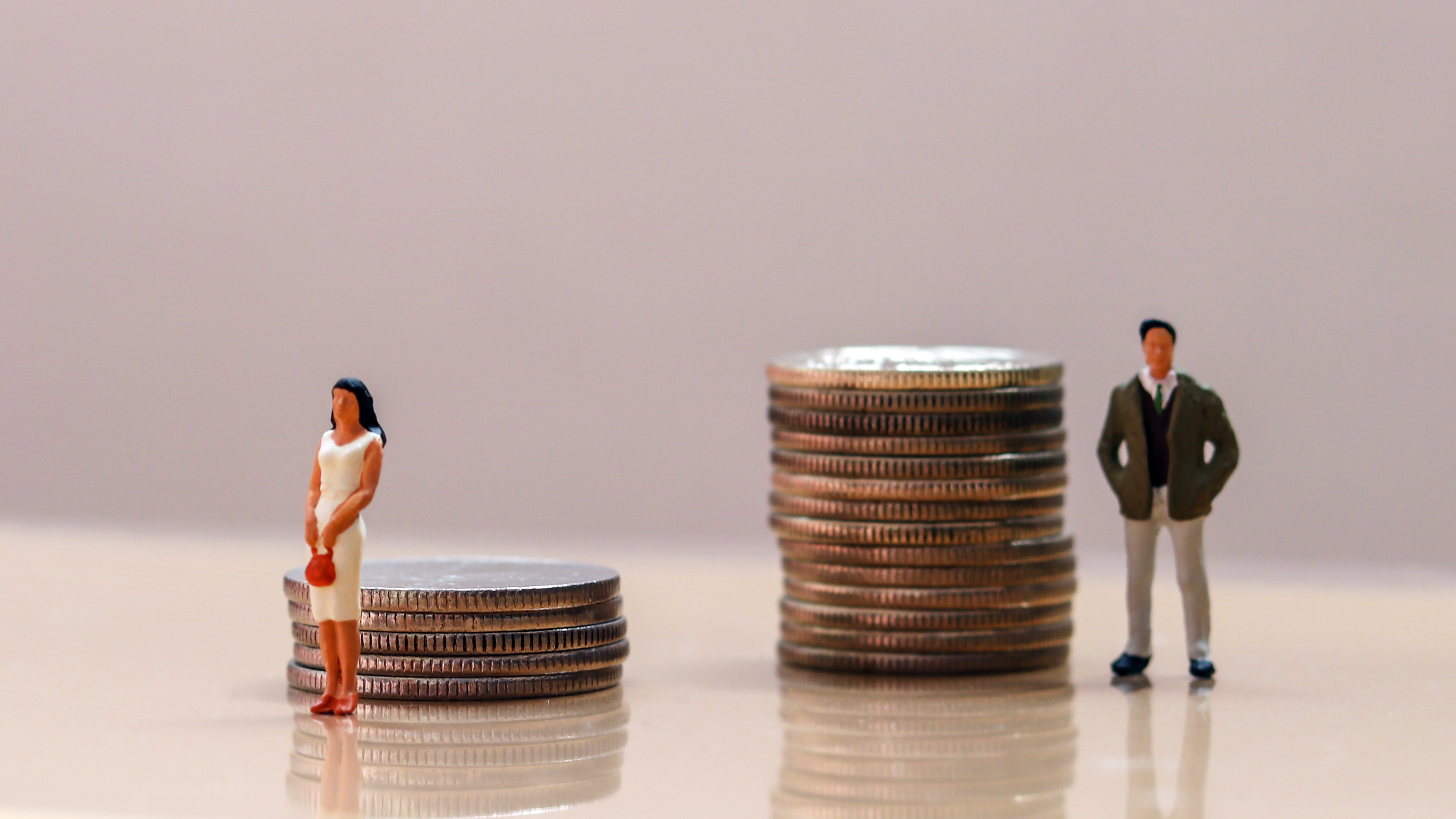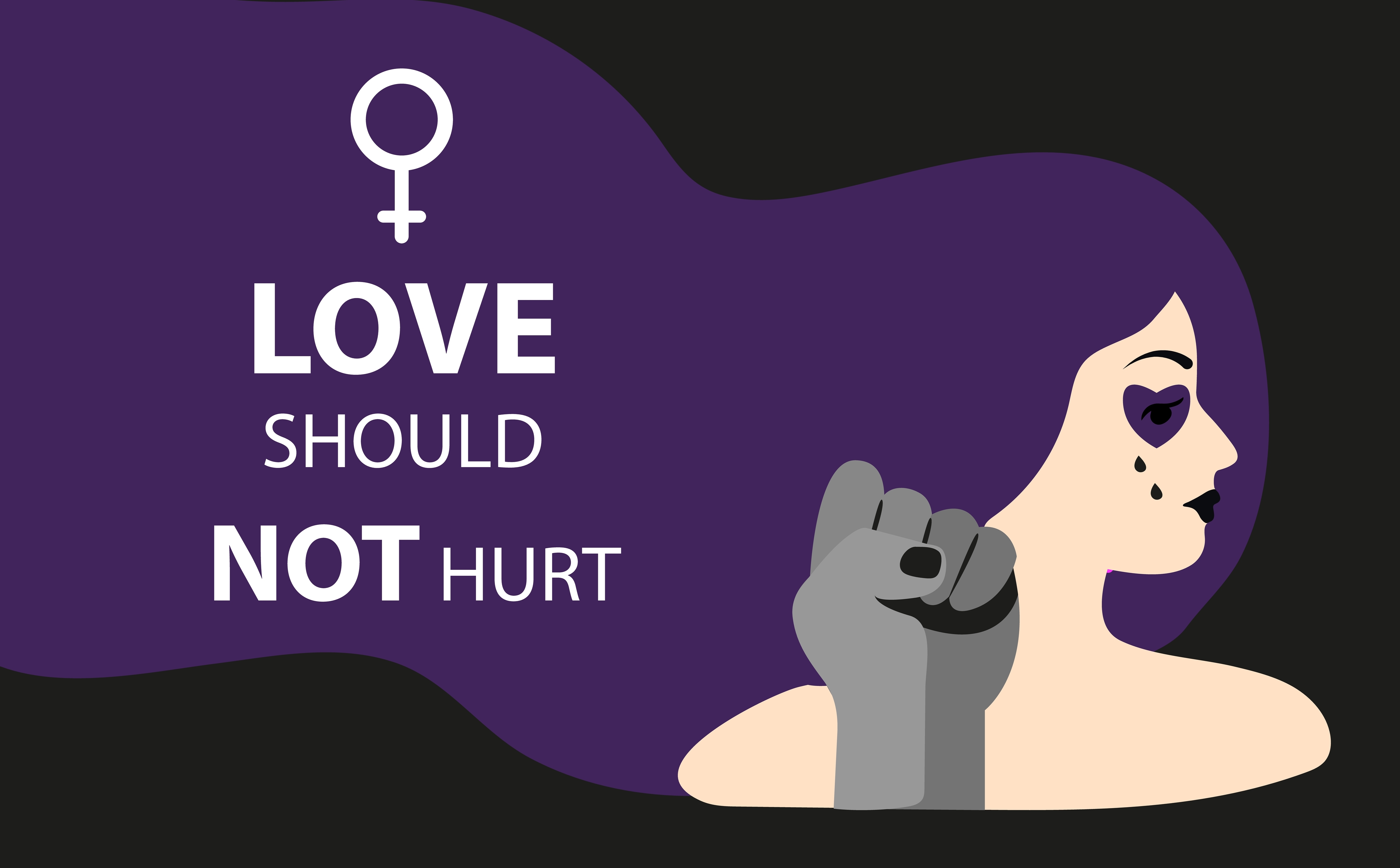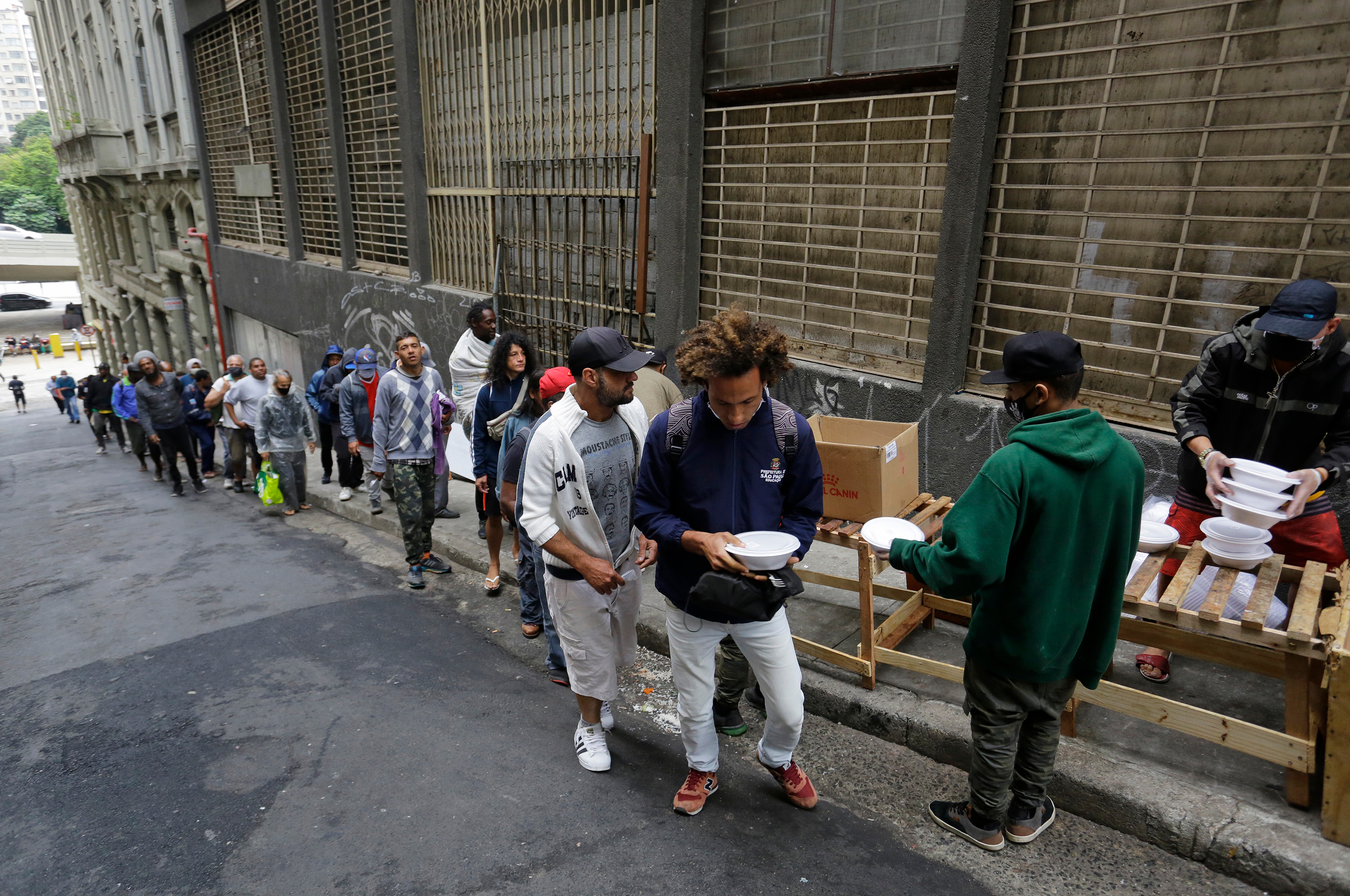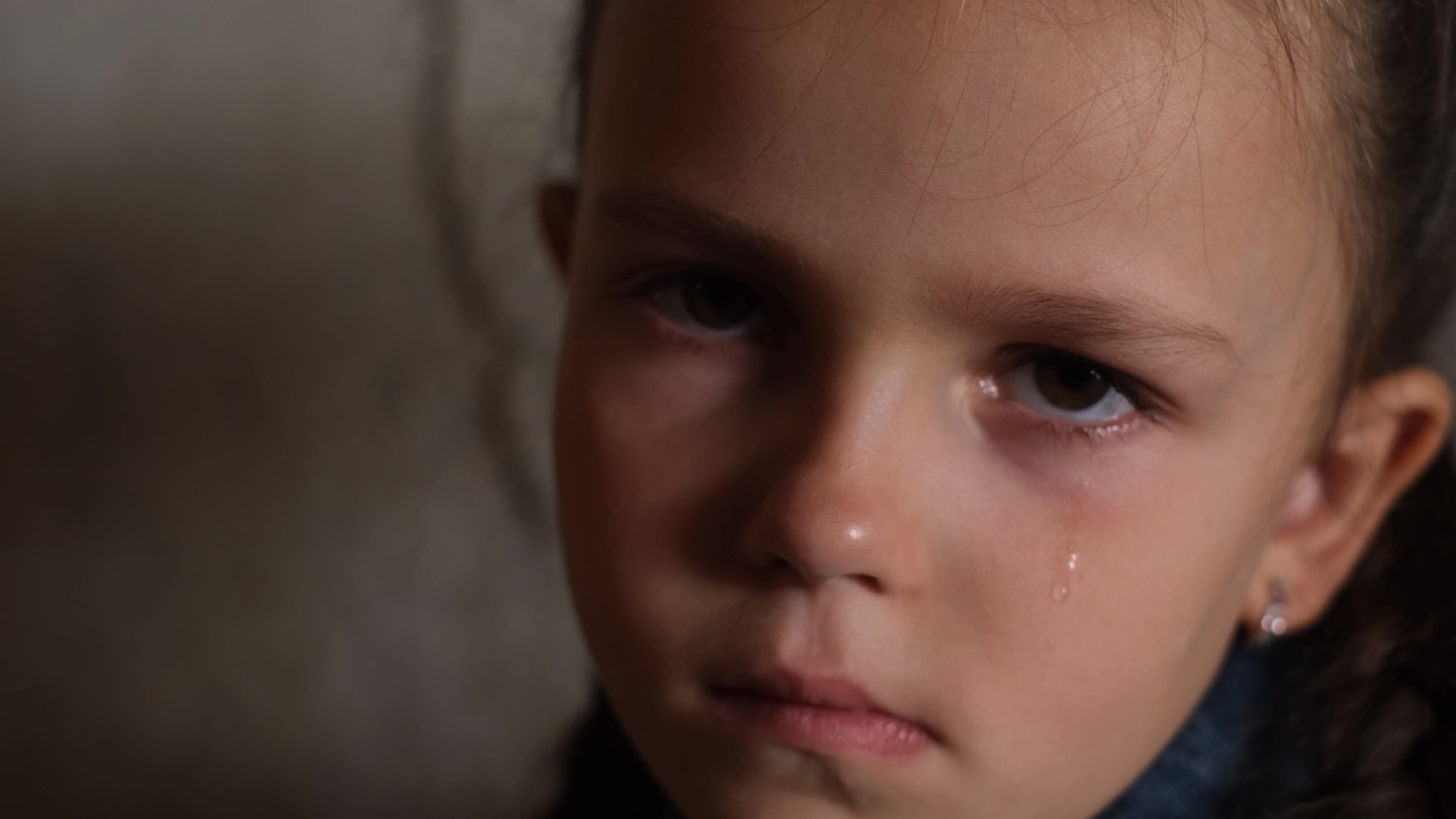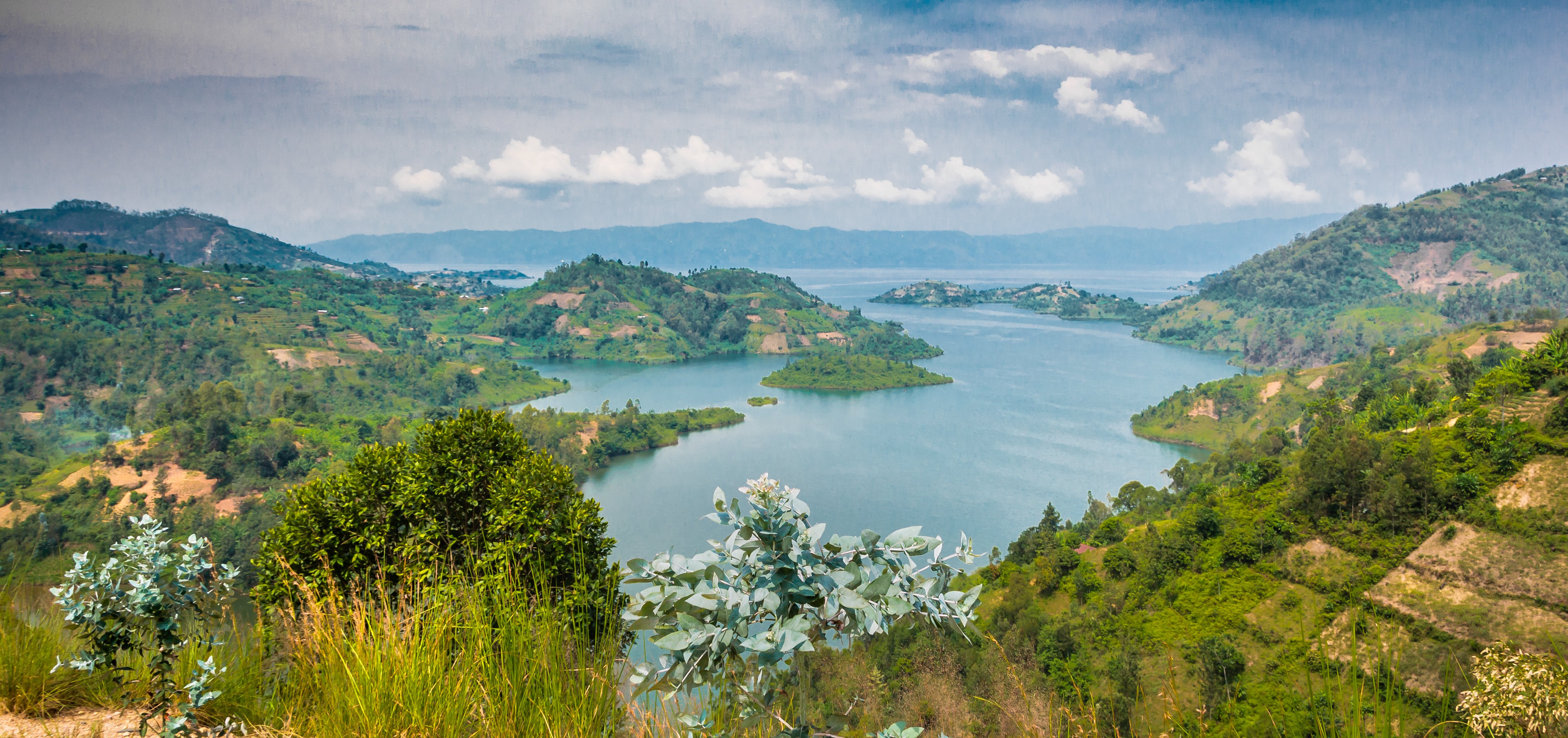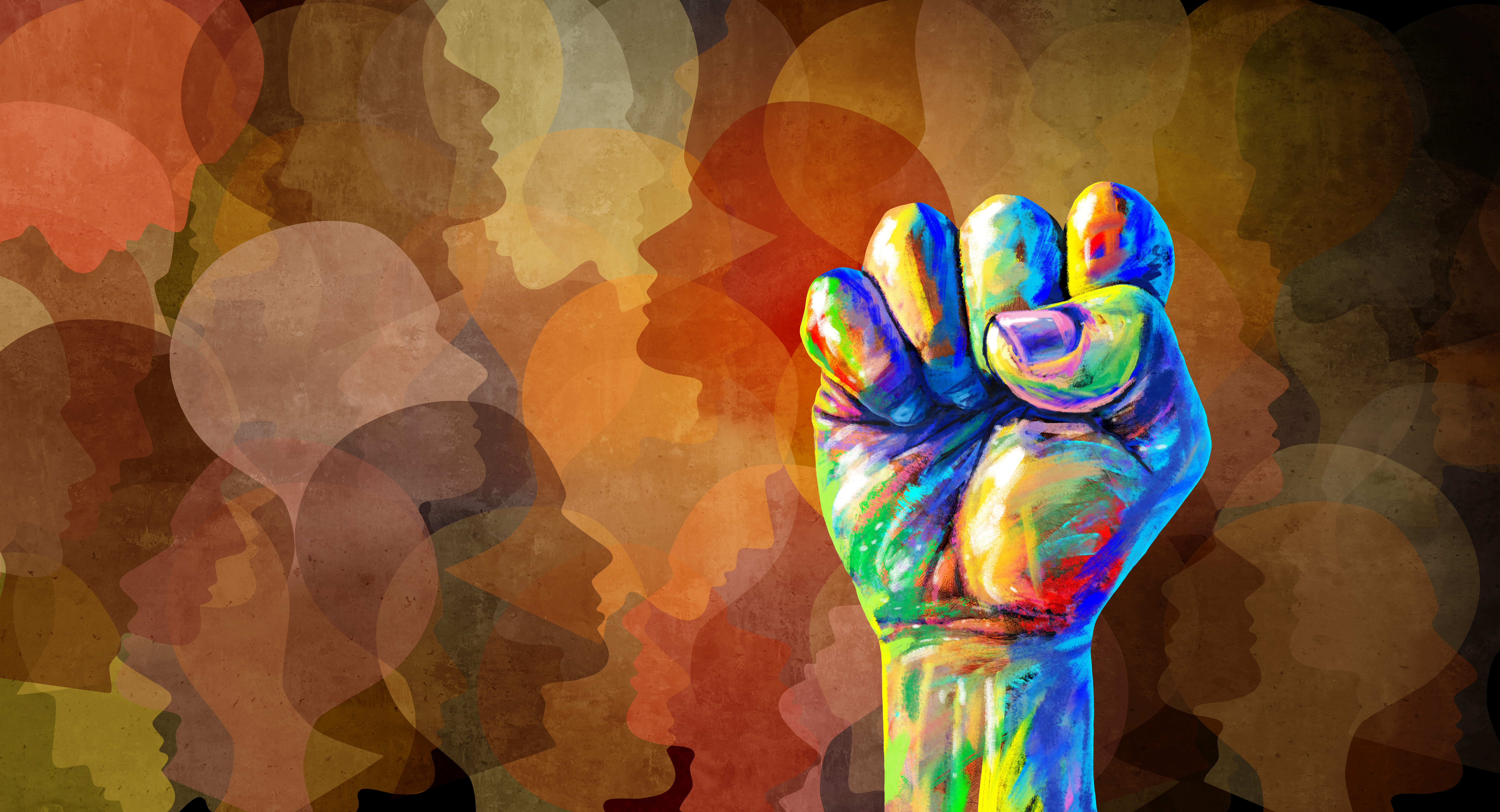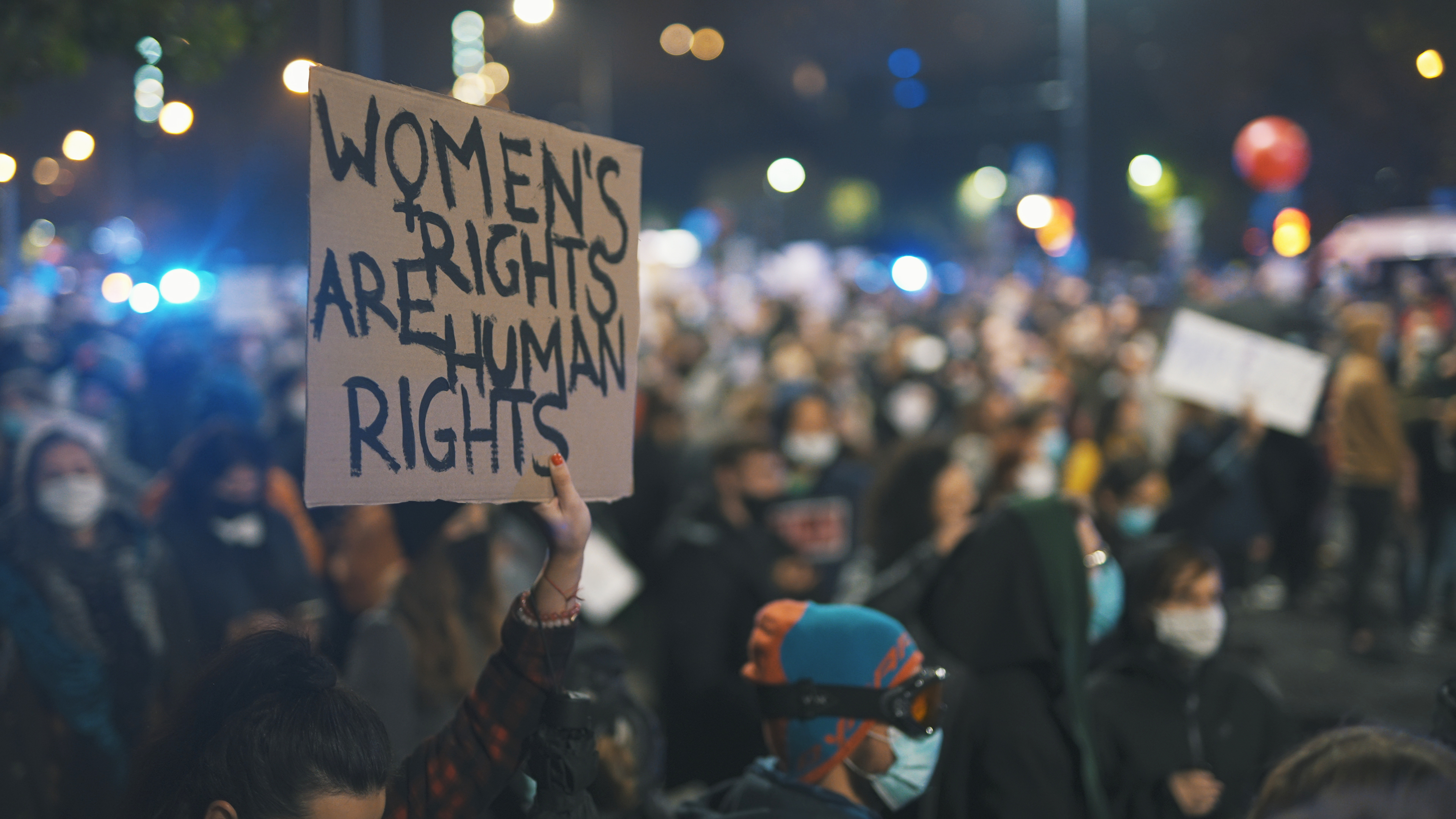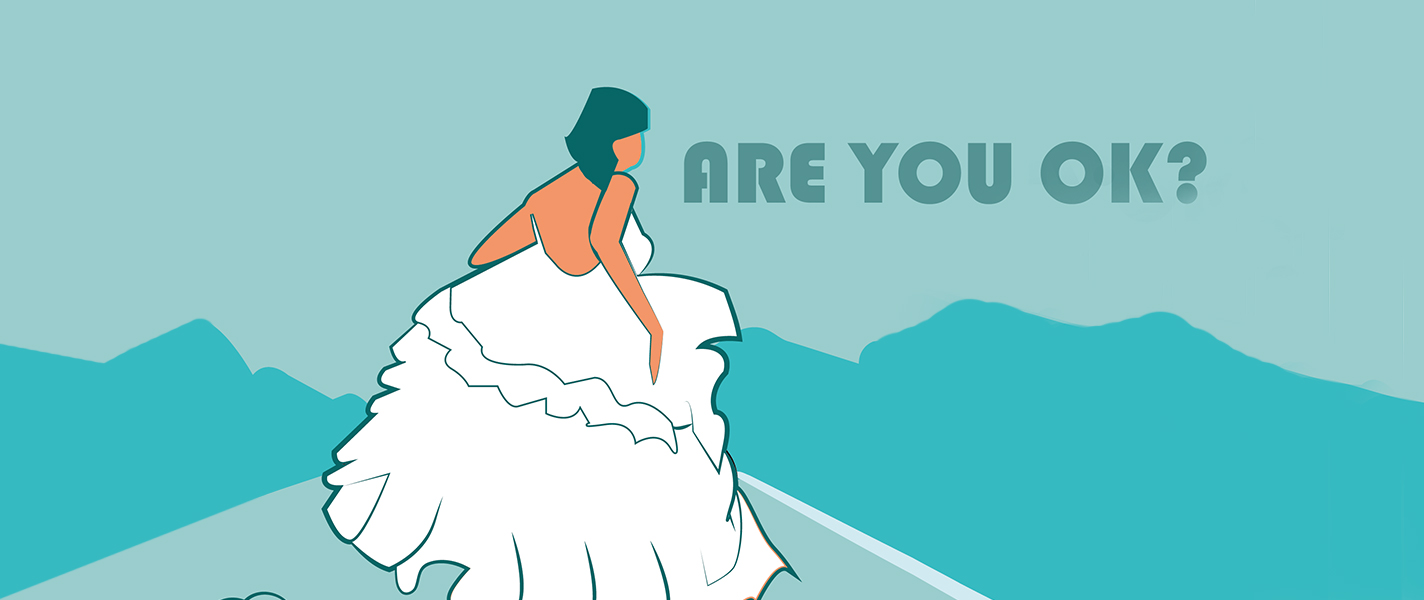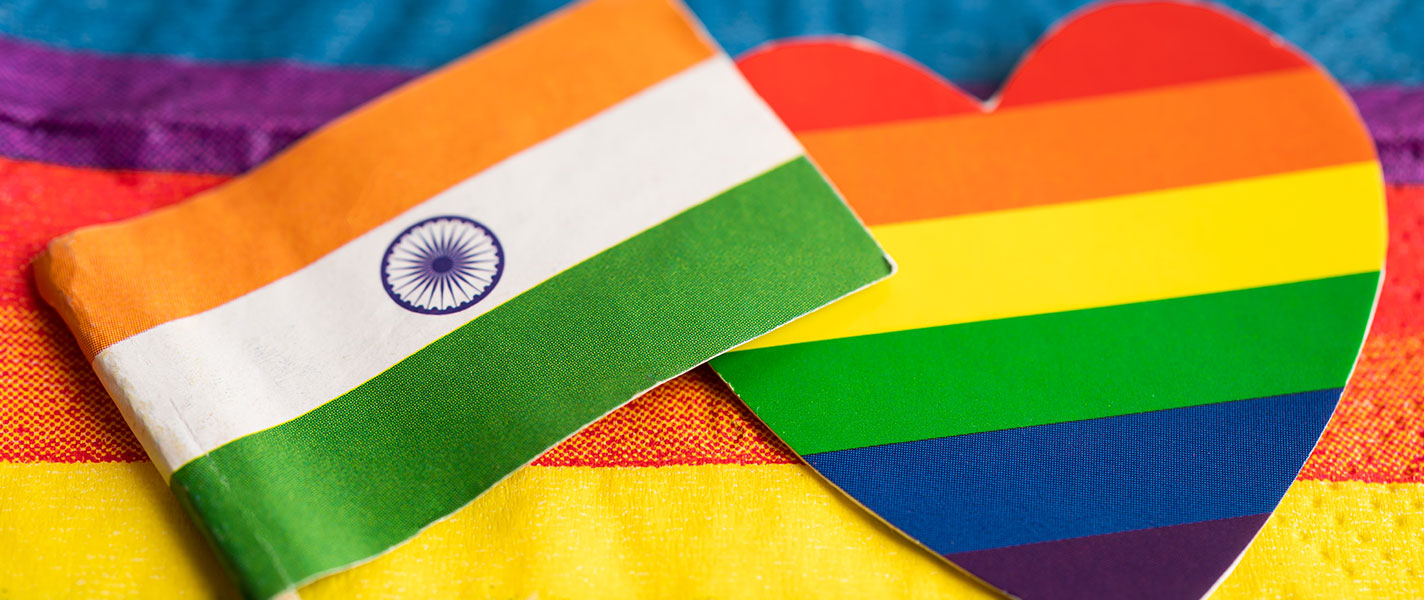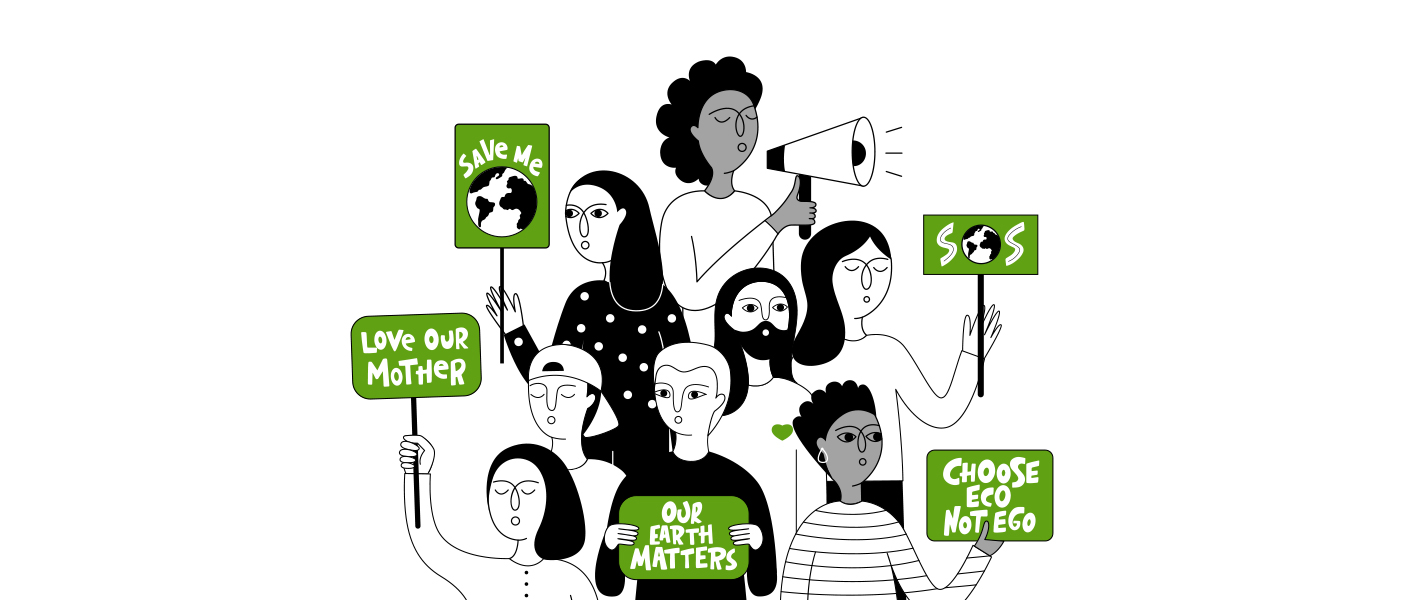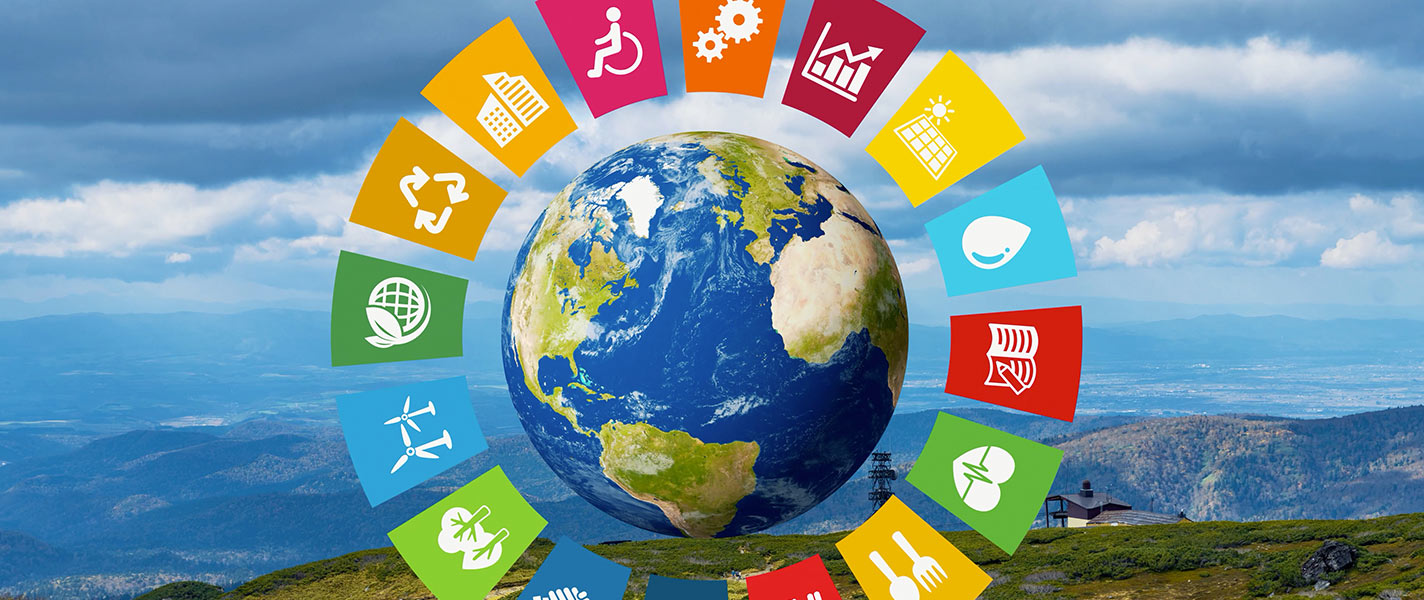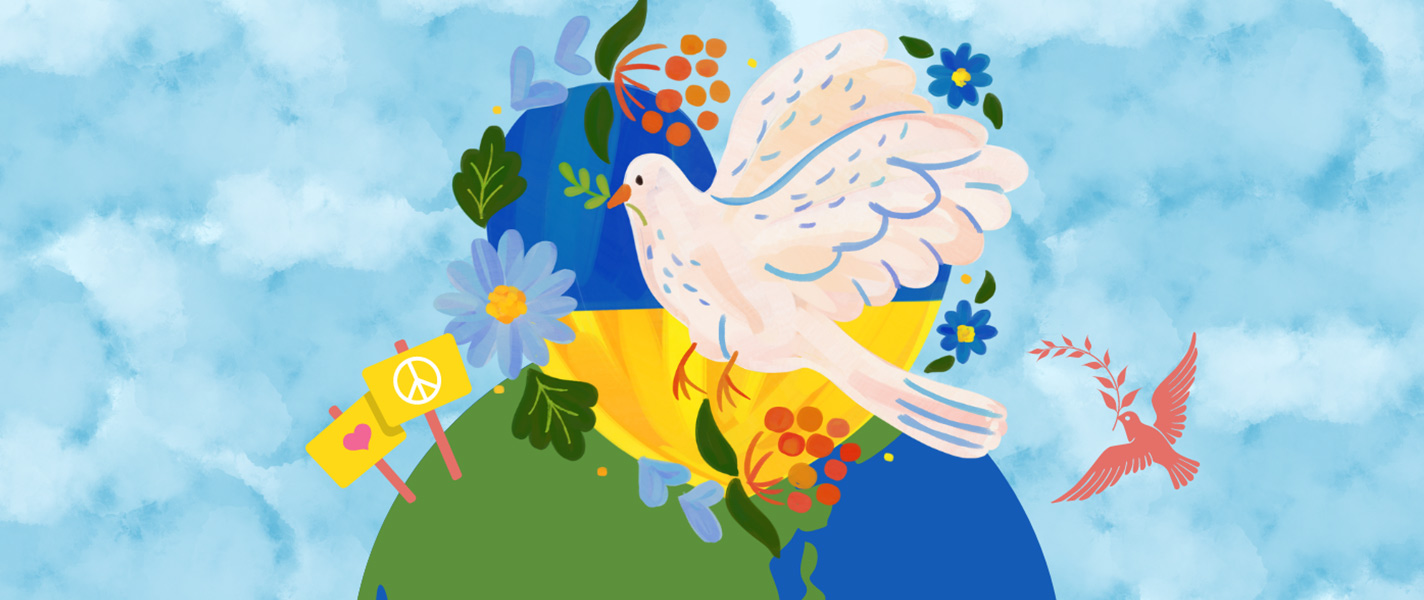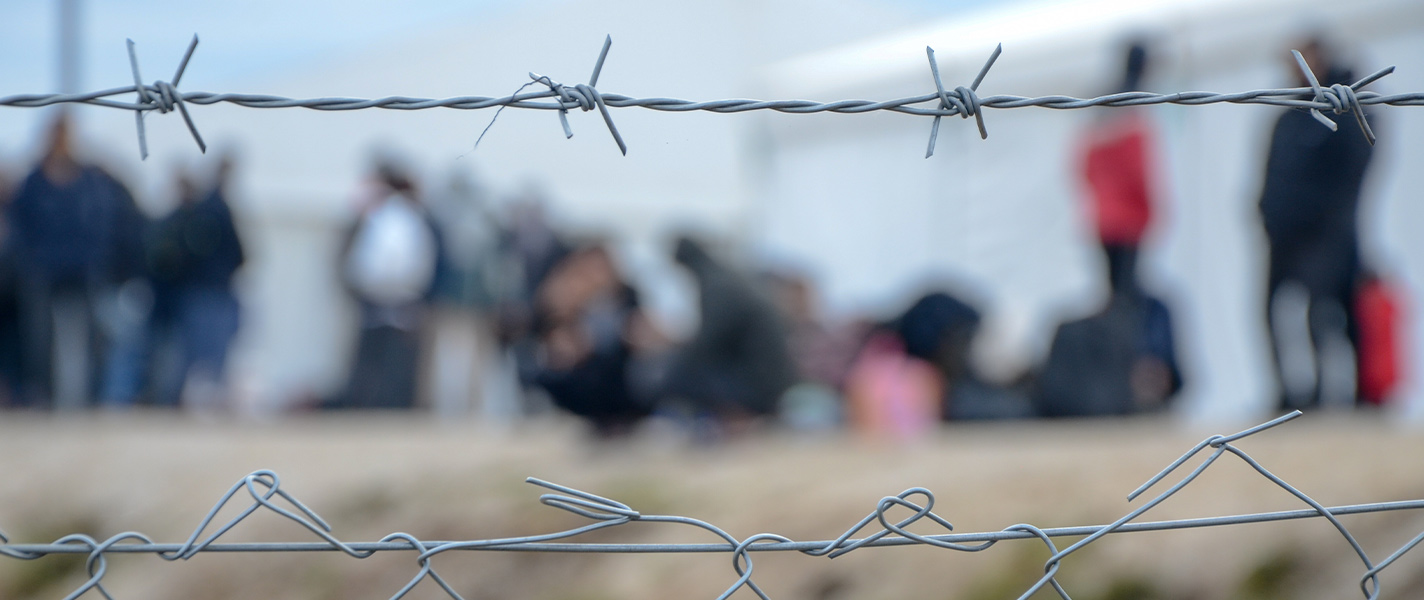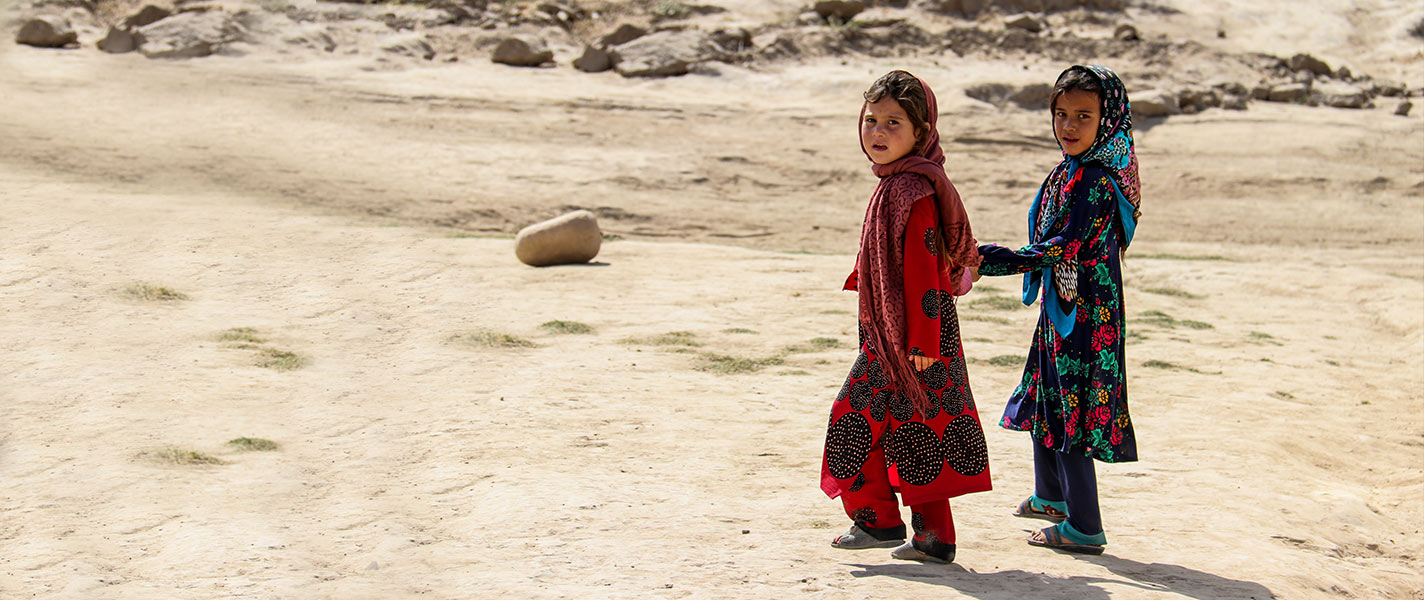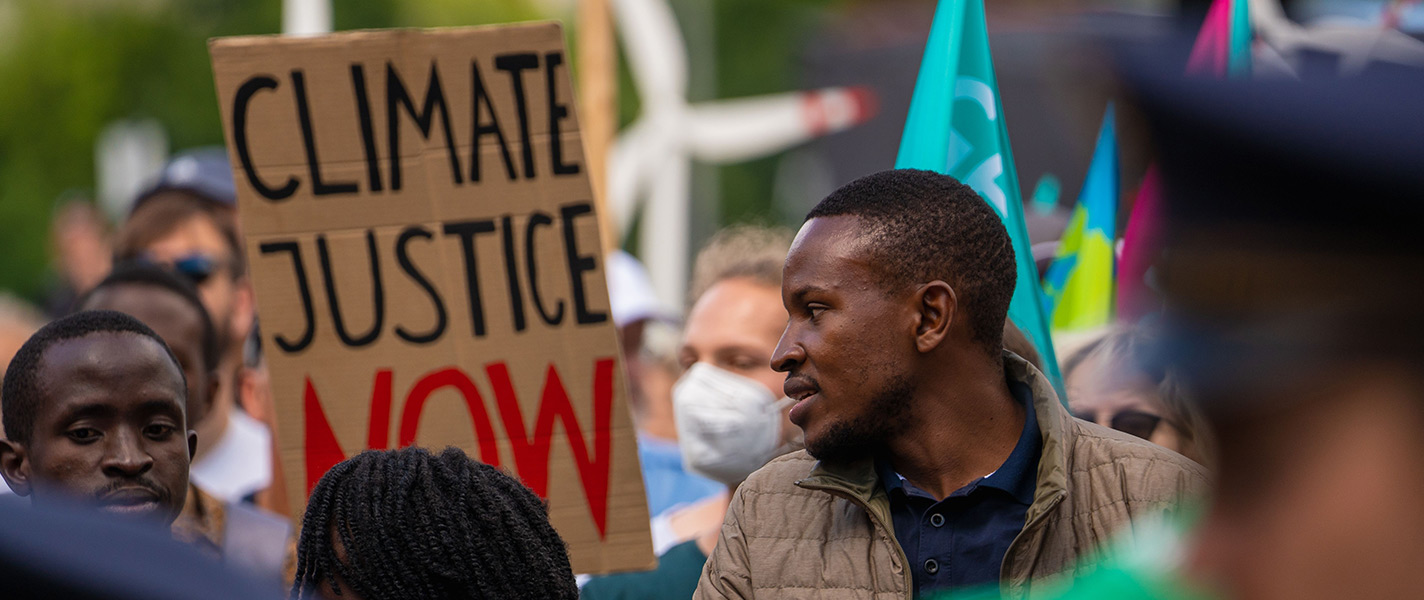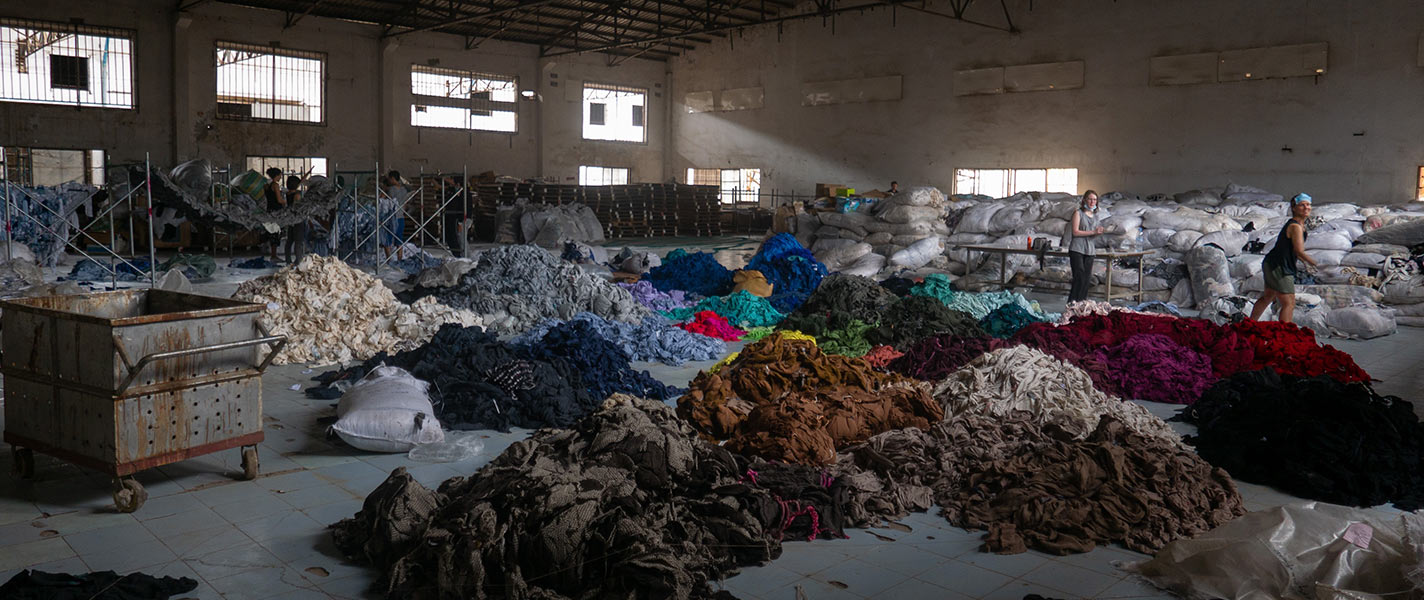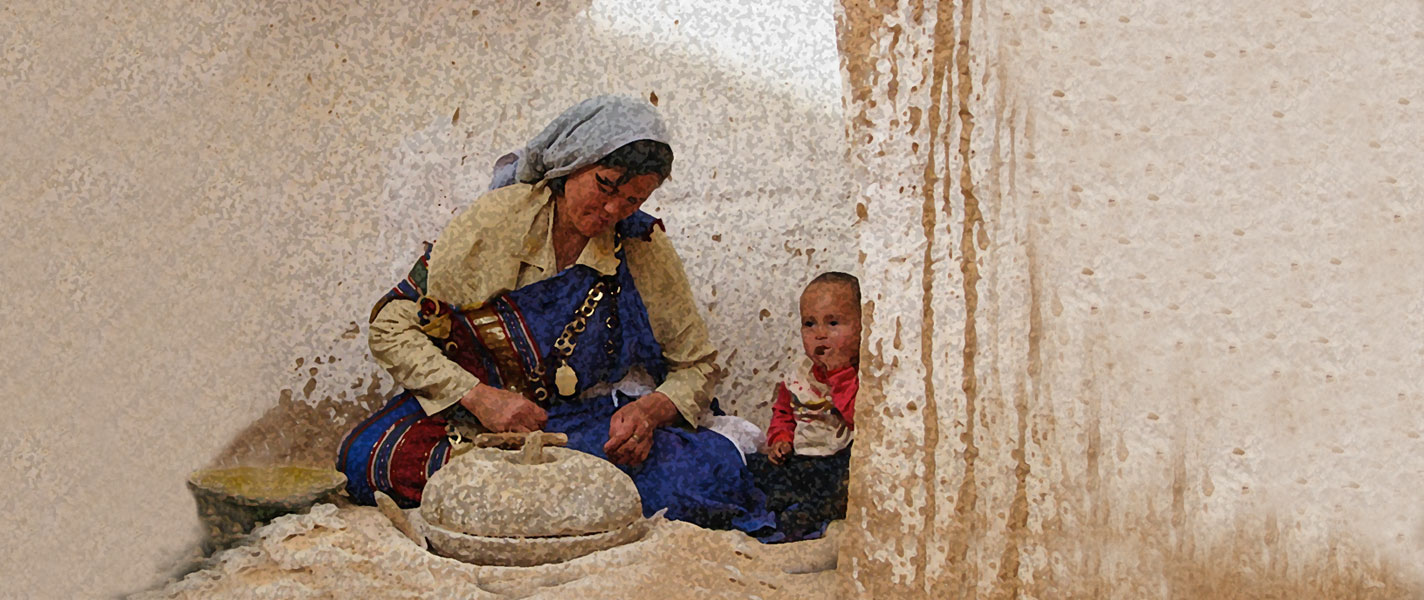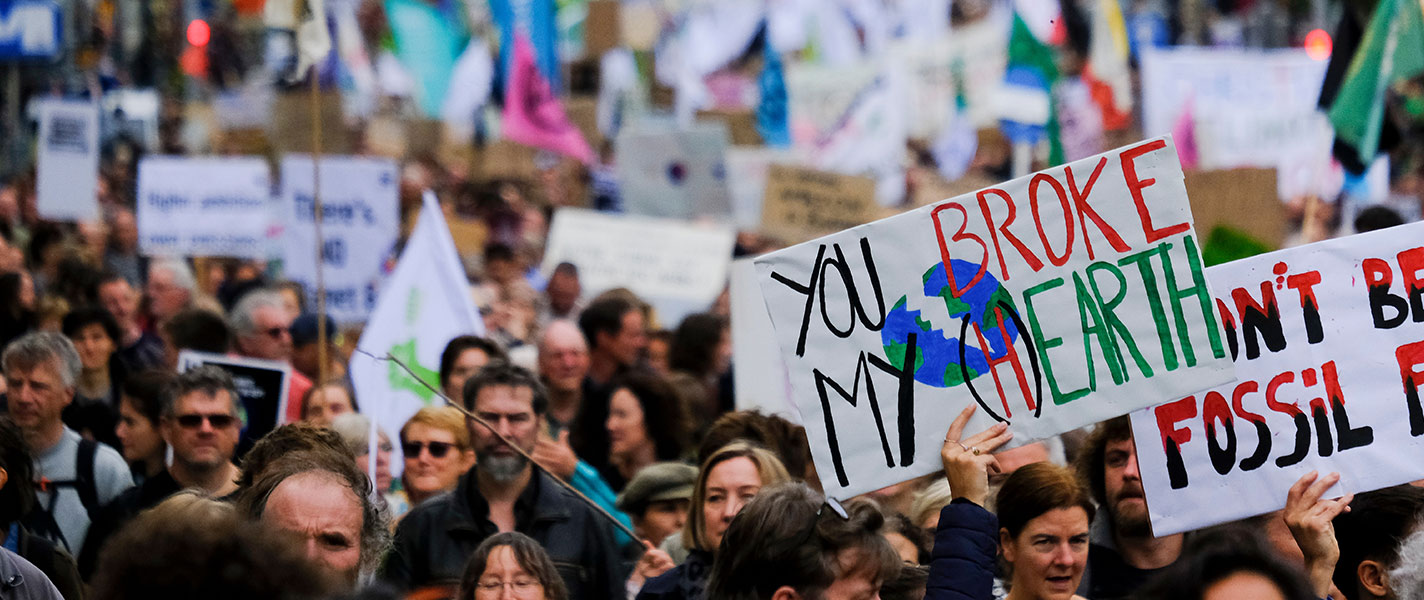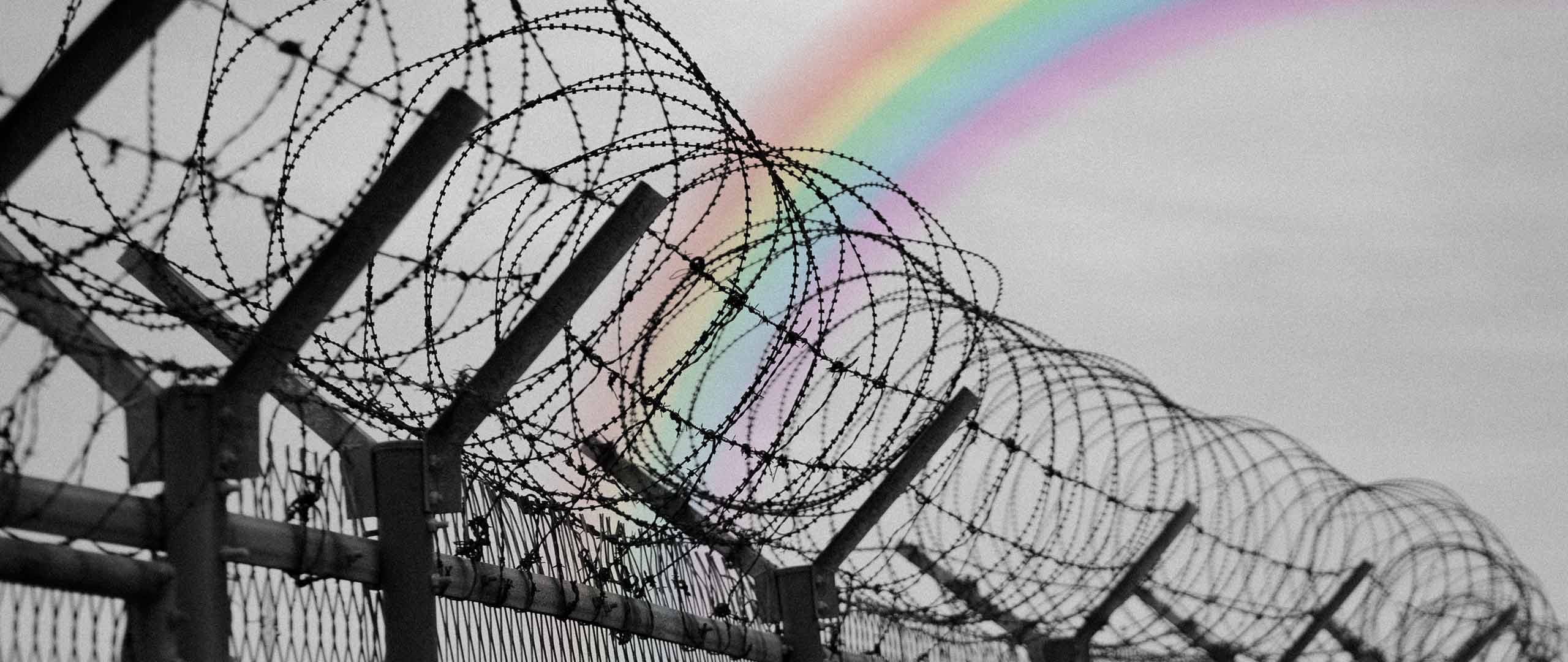Grappling with Eco-Anxiety
On August 12, the world comes together to celebrate International Youth Day, LEED Initiative joins in the celebration by shedding light on the issue of climate anxiety and its impact on the younger generations.
On August 12, the world comes together to celebrate International Youth Day, a day dedicated to empowering young individuals around the world. This year's theme, "Green Skills for Youth: Towards a Sustainable World," highlights the need to equip the youth with the skills required to build a more sustainable future. LEED Initiative joins in the celebration by shedding a light on the issue of climate anxiety and its impact on the younger generations.
For years, environmental experts have been sounding the alarm about the damage climate change is causing our planet. Now more than ever, the devastating consequences of climate change are being felt: severe heat waves, wildfires, floods, droughts, deforestation, and the spread of climate-sensitive diseases, are just a few of the effects of climate change.
As the world grapples with the catastrophic physical effects of climate change, its emotional toll on today's younger generations has become increasingly evident. With the rise of climate anxiety, millennials and Gen Z are not only in the forefront of the fight to create a sustainable world, but they are also the ones shouldering its psychological burden.
Understanding Climate Anxiety:
Climate anxiety, or eco-anxiety, has been defined in The Journal of Climate Change Health, as “mental distress or anxiety associated with worsening environmental conditions or anxiety experienced in response to the ecological crisis.” Indeed, eco-anxiety is rooted in uncertainty about the future and fear of the consequences of climate change. This anxiety can manifest in a multitude of emotions including: fear, anger, despair, worry, guilt, and grief. In fact, eco-anxiety is often accompanied, or can coincide, with what has been coined ‘eco-grief’. Eco-grief is the mourning of the ecological losses, such as the loss of species, landscapes and way of life due to environmental changes.
These terms are gaining attention worldwide as young people are becoming more conscious of the environmental threats looming overhead. The long-term implications of climate change do not only physically affect the younger generation through displacement, migration, and food insecurity; but also cause emotional distress and aggravate mental health. In 2021, a study conducted by Lancet Planetary Health surveyed 10,000 children and young people aged between 16 and 25 from ten different countries (Australia, Brazil, Finland, France, India, Nigeria, Philippines, Portugal, the UK, and the USA) on their thoughts and feelings about climate change. 59% of the respondents expressed their extreme worry about climate change, and more than 45% said that their feelings about climate change negatively affected their daily life and ability to function normally. As a matter of fact, 75% of respondents stated that they are frightened of the future and what it holds. These feelings are further exacerbated by the perceived government inaction to the climate crisis. 83% of the respondents, believe that the government has failed and is still failing in taking care of the planet and in taking swift action to stop global warming.
In response, experts recommend young people experiencing eco-anxiety and eco-grief to participate in ‘collective actions’ to help them cope with climate change anxiety. These actions include community outreach, peer education, and participating in advocacy groups. Being proactive and engaging in group activities beyond the individual actions have a great impact on the person’s psyche. While individual actions like recycling are important habits, they are less effective in alleviating the person's worry and guilt, as they are perceived to be less impactful. In contrast, getting involved with a large group working towards the same goal, creates a sense of purpose, builds a sense of community and generates momentum for climate action.
Today, the youth are heading the battle to safeguard the environment, therefore, it is crucial to acknowledge the psychological effects of climate change on them. Climate anxiety is rife with uncertainty; however, taking action to make lifestyle changes at the individual level, as well as joining forces with others to create a larger impact within the community, can alleviate eco-anxiety and foster a generation of empowered individuals ready to drive change.
